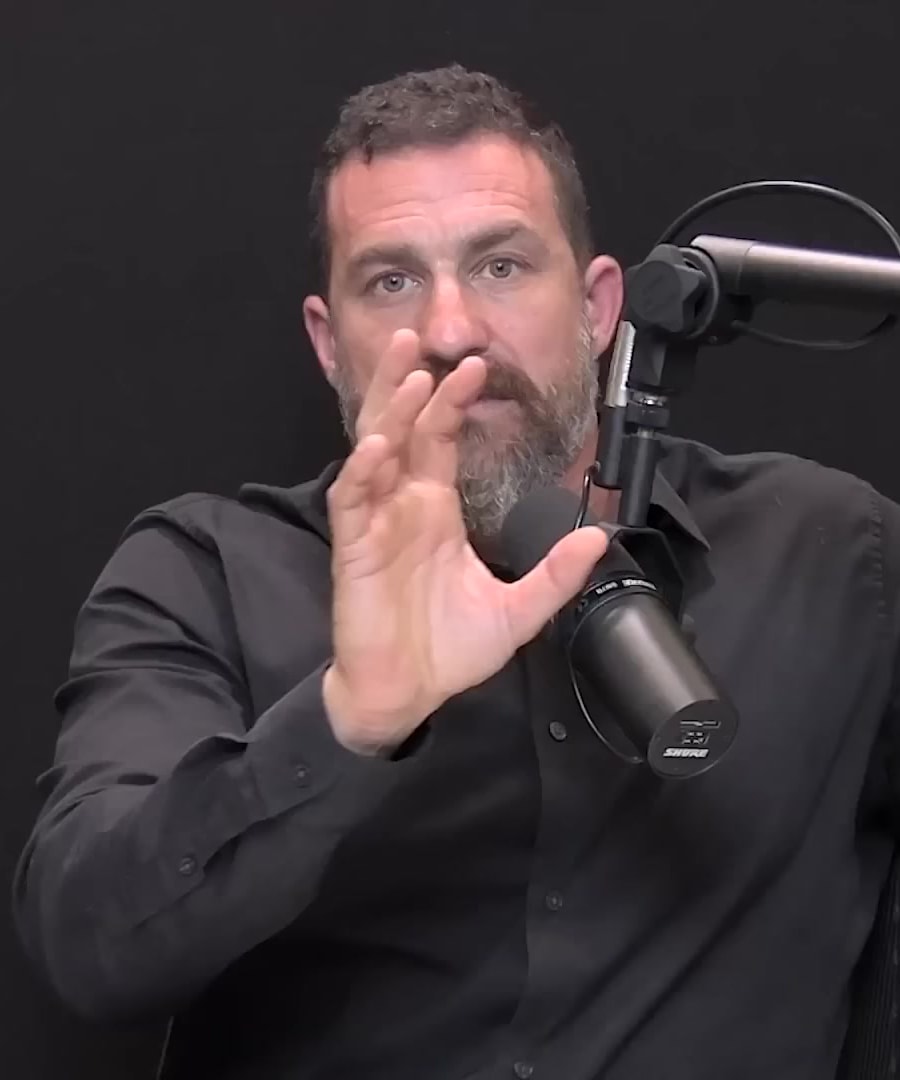How to quit smoking
Sources:
Quitting smoking can be challenging, particularly because of nicotine's highly addictive properties. According to insights shared by on the , here are some effective strategies to consider:
Key Strategies to Quit Smoking
-
Understand Withdrawal Risks:
- The first week is critical when quitting. Many people experience significant emotional lows due to a drop in dopamine levels, which can make it harder to resist cravings. Understanding this physiological shift can help prepare for the challenges ahead 1.
-
Utilize Nicotine Replacement Therapy (NRT):
- Options like nicotine patches, gum, and nasal sprays can help maintain stably low levels of nicotine in your system, easing withdrawal symptoms. Studies suggest that combining these methods can be more effective than using a single approach. For example, starting with a patch and then switching to gum or nasal spray can help manage cravings effectively 2 3.
-
Leverage Healthy Dopamine Alternatives:
-
Consider Behavioral Interventions:
- Techniques like hypnosis have shown promise in supporting cessation efforts by potentially remapping neural circuits associated with cravings. Regular sessions might reinforce the commitment to staying smoke-free 5.
-
Awareness of Triggers:
- Be mindful of situations where you previously smoked, especially those involving social settings or alcohol consumption. Avoiding these triggers can help reduce the chance of relapse 5.
-
Seek Support:
- It’s beneficial to establish a support network among friends, family, or support groups. Sharing your goals and struggles with others can provide motivation and accountability 3.
-
Managing Expectations:
- Many quitters experience heightened cravings in the early stages. Setting realistic expectations about the difficulty can help mentally prepare individuals for the road ahead and reinforce the notion that persistence is key to long-term success 1.
Final Thoughts
While quitting smoking is difficult and statistics indicate a high relapse rate, employing a combination of scientific strategies and behavioral techniques can increase the likelihood of success. Engaging with these practices can help build resilience against the urge to smoke and ultimately lead to a smoke-free life.
RELATED QUESTIONS-
How to quit smoking
- RELATED QUESTIONS


